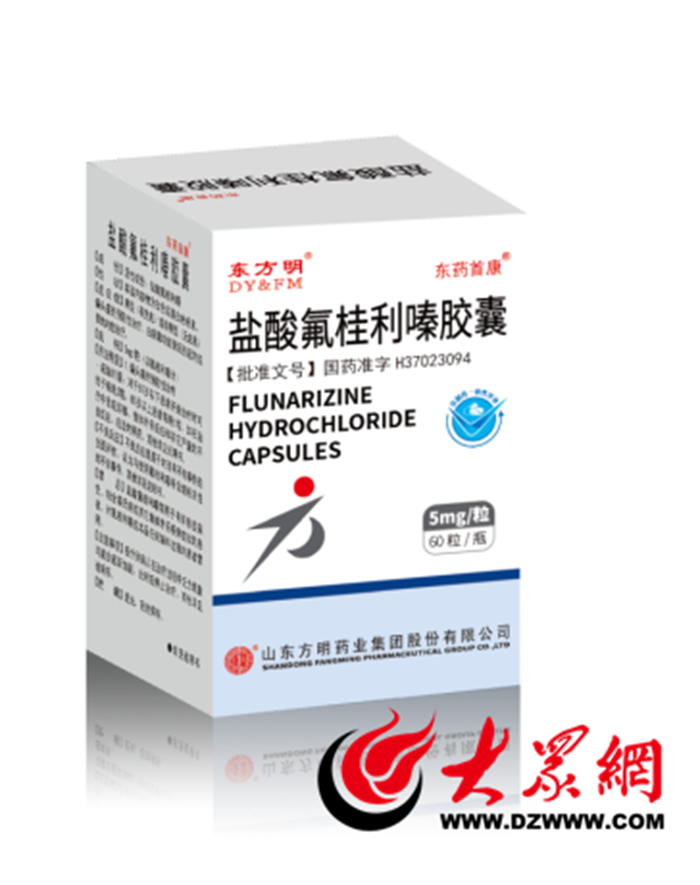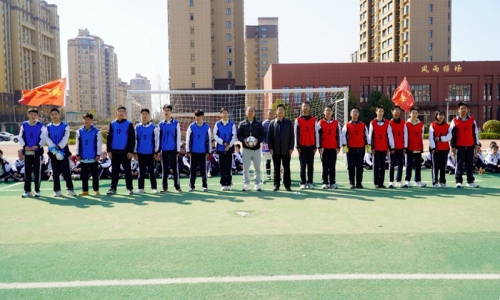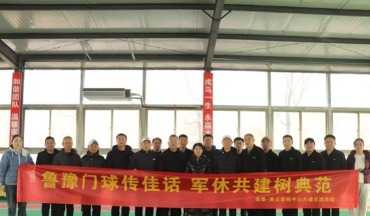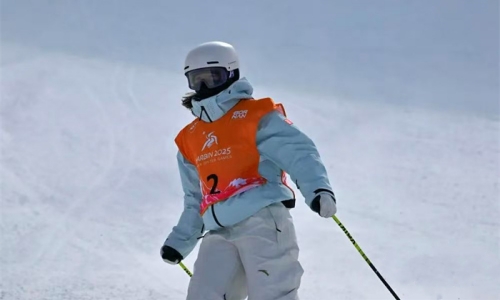初审编辑:徐德波
责任编辑:刘进
大众网记者 邵钰 通讯员 朱军 东明报道
盐酸氟桂利嗪(Flunarizine)胶囊是比利时杨森(Janssen现已被强生合并)制药公司研发的一种防治偏头痛药物。1968年盐酸氟桂利嗪在欧洲上市,国内由西安杨森引入地产化,国产批文已有51个,临床应用已近60年。
多指南推荐一线用药
盐酸氟桂利嗪是一种钙离子通道阻滞剂,属于神经系统抗眩晕药物,临床主要用于典型(有先兆)或非典型(无先兆)偏头痛的预防性治疗,以及由前庭功能紊乱引起的眩晕的对症治疗;也可用于脑动脉缺血性疾病、周围血管病和癫痫的辅助治疗。
盐酸氟桂利嗪胶囊属于国家医保药品目录的甲类品种(2023版)、国家基本药物目录药物品种(2018版),是《欧洲神经病学联盟(EFNS)偏头痛药物治疗指南》(2007版)推荐的偏头痛预防性治疗的A级药物,是《中国偏头痛防治指南》(2016版)推荐的偏头痛防治一线用药,是《前庭性偏头痛诊治专家共识》(中华医学会2018版)推荐的防治前庭性偏头痛一线药物,是《癫痫共患偏头痛诊断治疗的中国专家共识》(2019版)推荐的癫痫共患偏头痛预防性治疗A级药物。
国内盐酸氟桂利嗪胶囊主要生产企业山东方明药业于2020年12月首家通过仿制药质量与疗效一致性评价,该药品2022年也纳入了国家第七批集采,方明等4家药企中标,国产过评药已成为保障临床用药的主力军。
老药新作用机制研究
吉非替尼(Gefitinib)是一种表皮生长因子受体酪氨酸激酶抑制剂(EGFR TKI),临床用于治疗晚期非小细胞肺癌(NSCLC)。然而,耐药性严重制约了吉非替尼的临床疗效。据研究,组蛋白去乙酰化酶抑制剂HDACi(Histone Deacetylase Inhibitors)通过提高染色质特定区域组蛋白乙酰化水平,可调控细胞凋亡及分化相关蛋白的表达和稳定性。为提高吉非替尼的抗耐药性,香港中文大学的杜国伟(Kenneth K.W.)和香港伊丽莎白医院的周仲行(James Chung-Hang Chow)等研究人员验证了能够抑制组蛋白去乙酰化酶 (HDAC) 的非肿瘤药物的重新定位。研究使用了模拟再利用(in silico repurposing)工具“DRUGSURV”,鉴定了一些候选药物,并测试了HDAC的抑制作用。该项目研究成果发表在了2023年9月《美国药理学与转化科学》(ACS Pharmacology & Translational Science)期刊。氟桂利嗪被选为对具有一系列不同吉非替尼耐药机制(EGFR T790M、KRAS G12S、MET扩增或PTEN缺失)的NSCLC 细胞系进行详细研究,对EGFR TKI(如厄洛替尼)耐药患者的人源肿瘤异种移植(PDX)体内模型研究,初步证明了氟桂利嗪可拮抗吉非替尼的耐药性。研究发现,氟桂利嗪是以浓度和时间依赖性方式提高细胞组蛋白的乙酰化水平。在评估NSCLC细胞系中携带EGFR T790M的H1975细胞时,氟桂利嗪对吉非替尼耐药性的规避程度较为明显。吉非替尼—氟桂利嗪联合治疗可诱导凋亡蛋白Bim,减少抗凋亡蛋白Bcl-2,有效避免了吉非替尼耐药。同时,氟桂利嗪对Bim的诱导,也增加了组蛋白乙酰化和转录因子E2F1与Bim基因启动子的相互作用。
另外,研究还发现,氟桂利嗪可上调E-钙粘蛋白,下调波形蛋白表达,从而抑制癌细胞的迁移和侵袭。更为重要的是,氟桂利嗪亦被证明可显著增强吉非替尼在体内EGFR TKI耐药的PDX中的抑制肿瘤生长的作用。研究结果建议,临床转化联合应用氟桂利嗪,一定程度上可规避吉非替尼耐药性。


参考文献
https://www.researchgate.net/publication
Circumvention of Gefitinib Resistance by Repurposing Flunarizine via Histone Deacetylase Inhibition
·September 2023
·ACS Pharmacology & Translational Science6(10)
Authors:
Kenneth K.W. To
The Chinese University of Hong Kong
James Chung-Hang Chow,K.M.CheungQueen Elizabeth Hospital - QEH
·
Abstract
Gefitinib is an epidermal growth factor receptor tyrosine kinase inhibitor (EGFR TKI) for treating advanced non-small cell lung cancer (NSCLC). However, drug resistance seriously impedes the clinical efficacy of gefitinib. This study investigated the repositioning of the non-oncology drug capable of inhibiting histone deacetylases (HDACs) to overcome gefitinib resistance. A few drug candidates were identified using the in silico repurposing tool “DRUGSURV” and tested for HDAC inhibition. Flunarizine, originally indicated for migraine prophylaxis and vertigo treatment, was selected for detailed investigation in NSCLC cell lines harboring a range of different gefitinib resistance mechanisms (EGFR T790M, KRAS G12S, MET amplification, or PTEN loss). The circumvention of gefitinib resistance by flunarizine was further demonstrated in an EGFR TKI (erlotinib)-refractory patient-derived tumor xenograft (PDX) model in vivo. The acetylation level of cellular histone protein was increased by flunarizine in a concentration- and time-dependent manner. Among the NSCLC cell lines evaluated, the extent of gefitinib resistance circumvention by flunarizine was found to be the most pronounced in EGFR T790M-bearing H1975 cells. The gefitinib–flunarizine combination was shown to induce the apoptotic protein Bim but reduce the antiapoptotic protein Bcl-2, which apparently circumvented gefitinib resistance. The induction of Bim by flunarizine was accompanied by an increase in the histone acetylation and E2F1 interaction with the BIM gene promoter. Flunarizine was also found to upregulate E-cadherin but downregulate the vimentin expression, which subsequently inhibited cancer cell migration and invasion. Importantly, flunarizine was also shown to significantly potentiate the tumor growth suppressive effect of gefitinib in EGFR TKI-refractory PDX in vivo. The findings advocate for the translational application of flunarizine to circumvent gefitinib resistance in the clinic.
初审编辑:徐德波
责任编辑:刘进





在哈尔滨第九届亚冬会上,李方慧和杨文龙两个名字迅速走红,这两位菏泽输送的年轻的运动员,在短短3天内,夺得两项冠军。[详细]

2月8日,哈尔滨亚冬会雪上项目在黑龙江省亚布力滑雪场开赛。在自由式滑雪女子U型场地技巧决赛比拼中,中国队选手李方慧夺得冠军,这是中国体育代表团在本届亚冬会获得的首枚金牌。[详细]